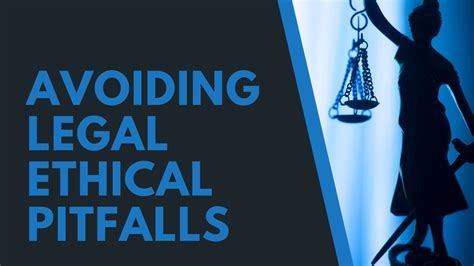Avoiding Legal Pitfalls: Reporting Tenants Smartly
Landlording can be a rewarding investment, but navigating tenant-related issues requires careful attention to legal compliance. Improper reporting can lead to costly legal battles and reputational damage. This comprehensive guide outlines best practices for reporting tenant issues while mitigating legal risks. We'll cover crucial aspects from documenting incidents to understanding fair housing laws.
What Constitutes a Reportable Tenant Issue?
Before diving into reporting methods, it's crucial to understand what necessitates reporting. This goes beyond simple late rent payments. Reportable issues typically involve:
- Lease violations: These can range from unauthorized pets to significant property damage exceeding normal wear and tear. Always refer to your specific lease agreement for a detailed list of violations.
- Safety concerns: This includes instances of domestic violence, suspected drug activity, or hazardous conditions that threaten the safety of other tenants or the property itself.
- Non-payment of rent: While a common issue, it requires documented follow-up according to your state's eviction laws.
- Discriminatory practices: Accusations of discrimination based on protected characteristics (race, religion, national origin, etc.) demand immediate and careful attention. Improper handling can lead to severe legal consequences.
How to Document Tenant Issues Effectively
Thorough documentation is your first line of defense. Maintain detailed records of every interaction with a tenant, including:
- Date and time: Precise timestamps are essential for establishing timelines.
- Method of communication: Note if the communication was in person, via email, phone call, or text message.
- Summary of the incident: Provide a concise but comprehensive account of the issue, avoiding emotional language or subjective opinions. Stick to the facts.
- Evidence: Include photographs, videos, repair invoices, or any other relevant documentation supporting your claims.
- Actions taken: Detail any steps you took to address the issue, including warnings, notices, and follow-up communications.
Pro Tip: Store all documentation securely, either digitally or in a physical file, organized by tenant and date.
Understanding Fair Housing Laws
Fair Housing Laws prohibit discrimination based on protected characteristics. Be aware of these laws in your area to avoid unintentional violations. When reporting tenant issues, ensure your actions are unbiased and do not target specific tenants based on protected characteristics.
What Happens if a Tenant Falsely Accuses You?
False accusations can be damaging, both legally and reputationally. If a tenant makes a false claim, thoroughly document your response and actions. Preserve all evidence contradicting the accusations. Consult with an attorney to understand your legal options and build a strong defense.
When to Involve Law Enforcement
Certain situations require immediate law enforcement involvement. These typically include:
- Violent incidents: Threats of violence or actual acts of violence should be reported immediately to the police.
- Suspected criminal activity: If you suspect illegal drug activity or other crimes, contact law enforcement.
- Serious property damage: Significant damage that poses a safety risk might necessitate police intervention.
Using a Professional Property Management Company
Outsourcing to a professional property management company can greatly reduce your legal risk. They possess expertise in navigating tenant laws, handling disputes, and maintaining proper documentation. This can save you time, money, and potential legal headaches.
The Importance of Legal Counsel
Seeking legal advice is crucial before taking any significant action against a tenant. An attorney can help you understand your rights and responsibilities, ensuring you comply with all relevant laws while protecting your interests.
Conclusion: Proactive Prevention is Key
Avoiding legal pitfalls when reporting tenants involves proactive measures. By documenting thoroughly, understanding fair housing laws, and seeking legal counsel when needed, you can significantly reduce your risk and maintain a positive landlord-tenant relationship. Remember, effective communication and clear documentation are essential components of successful property management.

